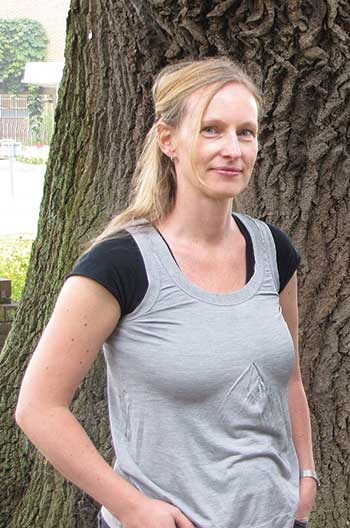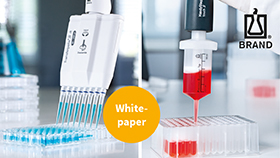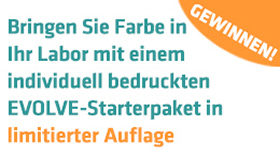An International Affair
Career prospects in molecular plant research
Career strategies for young European scientists
by Bettina Dupont, Labtimes 05/2013
Page 1 | Page 2 | Page 3
Multiple talents required in the UK
“In the current academic or industrial environment, it is not sufficient to only know about a particular specialised area, such as genetics or biochemistry. Instead, scientists need a broad knowledge of different approaches and must be able to combine them,” said Silke Robatzek, a group leader at The Sainsbury Laboratory (TSL) in Norwich, UK. Her team is studying the role of membrane trafficking in plant immunity (see box “Useful Links”). She added that bioinformatics was also an important field, e.g. for genome and transcriptome analysis as well as for advanced bioimaging studies. “Computational biology, such as mathematical modelling, will be increasingly combined with classical biology. This will provide opportunities to tackle questions that can hardly be solved by wet lab methods only,” she predicted. “Communication skills are also more and more in demand in research,” she said.
Robatzek’s former lab members have positions in academia or industry as group leaders, postdocs, as an R&D manager at agro-diagnostics company Bioreba AG and as a product manager at biotechnology company Biotype Diagnostic GmbH. Postdoc and group leader positions are usually non-permanent. At TSL, this is not an absolute picture as is often the case in other European countries. “Group leaders can stay on following the end of their five-year contracts, depending on performance,” the scientist explained. She would prefer a wider application of this US-style tenure track system throughout Europe. “TSL funds scientific talents rather than projects and promotes innovative, curiosity-driven, long-term research,” she told us.
The institute was established in 1987 as a joint venture between the Sainsbury family’s Gatsby Charitable Foundation, the John Innes Foundation, the University of East Anglia and the Agricultural and Food Research Council. Research at TSL focuses on plant interactions with microbes and viruses. Currently, around 85 scientists from 25 countries work at the laboratory. Since 2009, the 2Blades Foundation operates an applied research programme within TSL. Open positions can be found at the TSL website (see box “Useful Links”).
Room for improvement
To promote commercial genetic plant engineering in Europe, Robatzek suggested it might be better to regulate products, rather than the technology, by which these products were generated. The group leader criticised that academic experience as a PhD student or as a postdoc did not count when scientists applied for jobs in industry. “It is possible to get internships in industry but this is quite unattractive given the experience our students and postdocs have,” she said. In academia, she noticed a lack of individual fellowships for postdocs and PhD students, which enabled them to apply for a position in their country of residence. “Funding agencies focus too much on mobility criteria. It is more important to choose a lab with a matching scientific focus, the best infrastructure and resources for your research. Whether this is next door or far away, shouldn’t really matter.”
Internet Links
Page 1 | Page 2 | Page 3
Last Changed: 01.10.2013







